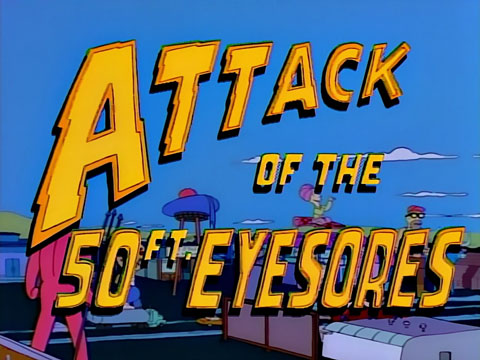When I saw new questions on Stackoverflow, I followed 3 simple steps. First I'd read the question, ask clarifying questions in the comment section, and then I would start writing a comprehensive answer. But one time, someone asked a question and I eagerly jumped to the comment to make a bold statement. "They are absolutely wrong! Don't believe what people say." When I think about it now, I wish I wasn't so eager to get those virtual points.
The question, now deleted as irrelevant, was someone trying to settle an argument in MySQL. He stated that he believed that there are no differences between these two statements:
1. Field <= 999
2. Field < 1000
And he added that his colleagues told him he was incorrect. I jumped in, and said he was right, and they were wrong. The problem was, well, I was wrong. Usually a question like this gets closed pretty quickly. But because I had agreed with him, a wave of comments followed and turned the page into a flamewar. Clouded by anger because of the angry comments that were directed at me, I added my own set of CAPITAL WORDS. Only after the question was closed, and the emotions cooled down, did I finally realize my error. What if the value was 999.1 ?
My interaction with the web is usually quiet and uneventful. But the fastest way to get people's attention is to be spectacularly, obviously wrong.
The Anatomy of Strategic Wrongness
There was this meme back in the days, but it came in multiple variations. It was a Yahoo Answers post where someone is earnestly trying to contact YouTube to film him because he "has some really funny stuff but they won't come."

There are the mobile game ads showing someone making the most frustratingly incorrect moves, practically screaming at you to download the app and "do it right." The political influencer making a statement so factually wrong that your fingers itch to correct them in the comments.
This isn't accidental. It's strategic.
Being wrong triggers something primal in us. The compulsion to correct, to engage, to prove our superior knowledge. It's the digital equivalent of someone saying "actually" at a dinner party, except now that dinner party has millions of attendees, and every correction feeds an algorithm designed to amplify the conversation.
Each angry comment, each correction, each share driven by outrage tells the platform's algorithm that this content is "engaging". Regardless of whether that engagement is positive or negative.
Today, this is weaponized to generate as much revenue as possible. Every twitter engagement is an opportunity to enrage. People post controversial media without context, waiting to see which direction comments lean. Then they enrage commenters supporting the opposite of whatever commenters say. Public discourse is drowned in rage bait.
The Simpsons had a solution
The Simpsons diagnosed this problem decades ago in "Attack of the 50-Foot Eyesores." When giant advertising mascots came to life and terrorized Springfield, the solution wasn't to fight them. It was to ignore them completely. "Just don't look," the townspeople sang, and the attention-hungry monsters withered away.
They understood that attention itself is the fuel that powers these systems of manipulation.
But ignoring isn't enough anymore. The platforms have evolved beyond our individual ability to simply look away. The algorithms ensure that engaging content finds us, whether we seek it out or not.
This is my attempt to suggest conscious digital literacy. Whenever you feel enraged online, take a moment and reflect. "Was this video designed to enrage me?"
Learn to identify content designed to provoke rather than inform. Ask yourself why you feel compelled to respond. Decide whether your participation serves your interests or someone else's agenda. Direct your attention toward content that enriches rather than exploits, it's the only way to starve the system.
This attention economy built on wrongness comes with real costs. It degrades public discourse, rewards bad actors, and trains us to be more reactive and less thoughtful. It turns every platform into a gladiatorial arena where nuance goes to die and outrage reigns supreme.
More insidiously, it changes us. When we're constantly primed to spot and correct errors, to feel outraged and respond impulsively, we become less capable of the patient, careful thinking that complex problems require.
I should have reflected before engaging with that question. But enragement is a primal response and usually occurs before we can think. But knowing that it's a pattern can help us identify it before we respond. Every click is a vote, every share is a signal, every comment is a contribution to the kind of digital world we're creating.
We have more power than we realize. The wrongness economy only works because we feed it our attention. The moment we stop rewarding strategic ignorance with engagement, we start building something better.
The giants billboards of Springfield fell when the townspeople simply stopped looking. Our digital monsters will follow the same fate, but only if we're disciplined enough to turn away.







Comments
There are no comments added yet.
Let's hear your thoughts